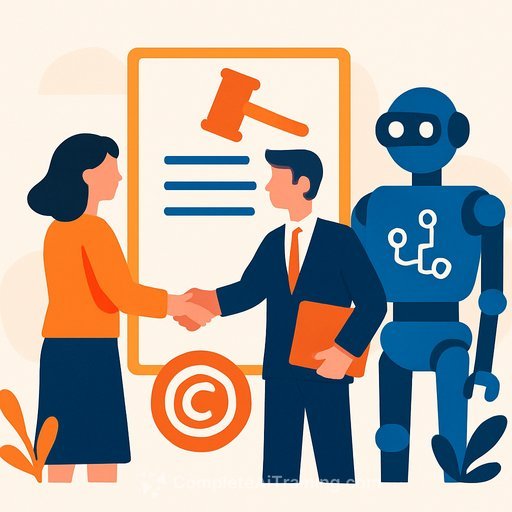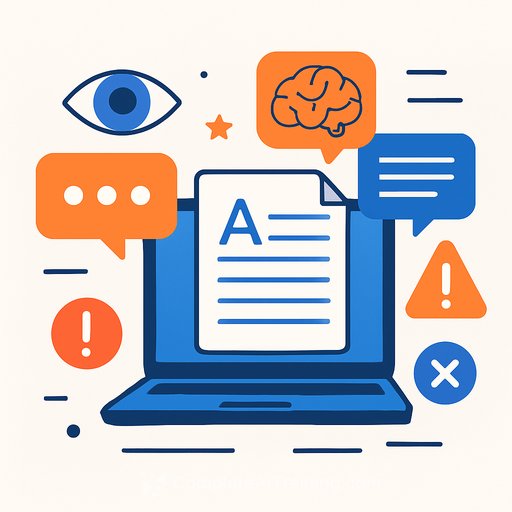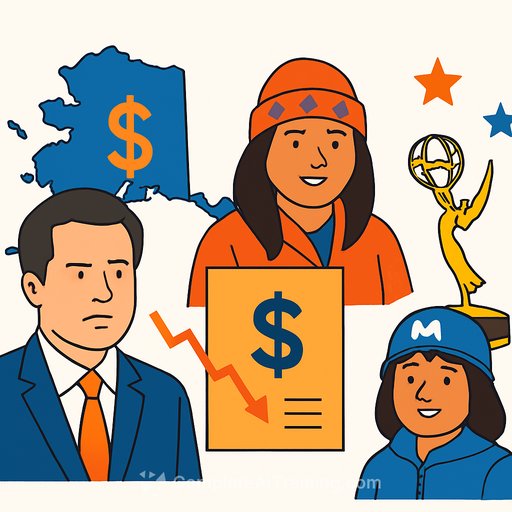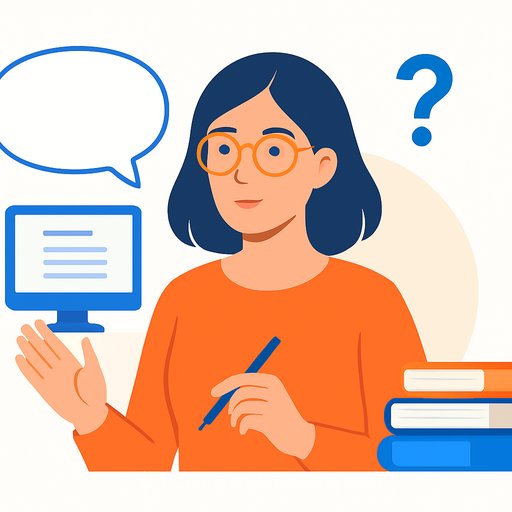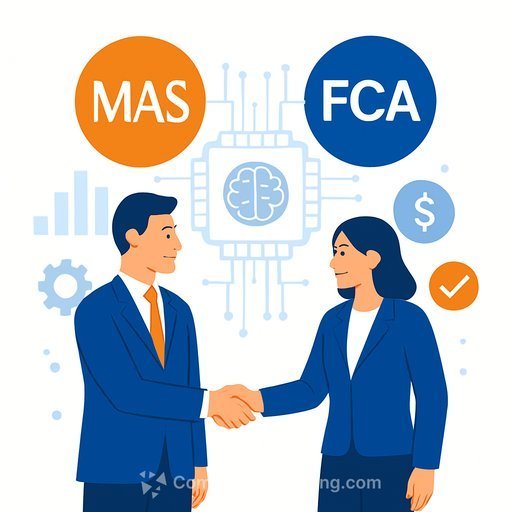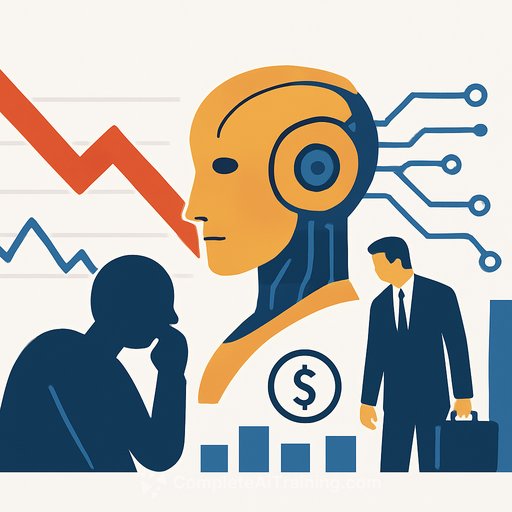Anthropic agrees to $1.5B settlement with authors: what it means for writers and markets
Anthropic has agreed to settle a class-action lawsuit from authors for $1.5 billion. A judge still needs to approve the deal, but attorneys for the authors called it a historic outcome, saying it appears to be the largest copyright recovery to date and the first of its kind in the AI era.
The case centered on claims that Anthropic used pirated books to train its Claude chatbot. The lawsuit covered roughly 500,000 works, which puts potential payments near $3,000 per work if the settlement is approved.
Anthropic emphasized that the court found its training approach to be fair use. "Today's settlement, if approved, will resolve the plaintiffs' remaining legacy claims," said Aparna Sridhar, the company's deputy general counsel, adding that Anthropic remains focused on building safe AI systems that expand human capability and solve complex problems.
Why this matters
Creative rights and AI training practices are colliding in courtrooms. Multiple creators and publishers have filed suits against AI companies, including cases involving well-known authors who have challenged data use for training models. A court-approved settlement here would signal how costly copyright disputes can become for AI developers and how valuable provenance and permissions are for content owners.
Key takeaways by audience
- Writers: Keep records of your works, registrations, and licensing. Consider monitoring tools and collective rights groups that track AI training and negotiate payments.
- Publishers: Revisit contracts to address data licensing, indemnities, model training permissions, and audit rights. Treat datasets like any other licensed asset.
- Finance: Price in litigation and compliance costs for AI firms. Legal clarity can shift margins, deal models, and valuation multiples across the sector.
What happens next
The settlement requires court approval under class-action rules. If approved, the payout mechanics and eligibility will be finalized, and the outcome could influence future negotiations between AI platforms and rights holders.
Context and resources
Action steps to consider
- Audit your catalog: confirm registrations, ISBNs, and contracts in one place.
- Add licensing language that covers AI training and dataset use.
- Evaluate collective rights channels for negotiating with AI companies.
- For investors: run sensitivity analyses on AI firms' legal reserves and data licensing costs.
Disclosure: Ziff Davis, Mashable's parent company, filed a lawsuit in April against OpenAI, alleging it infringed Ziff Davis' copyrights in training and operating its AI systems.
If you work with Claude or similar tools and want structured, practical upskilling, see the AI Certification for Claude.
Your membership also unlocks:

